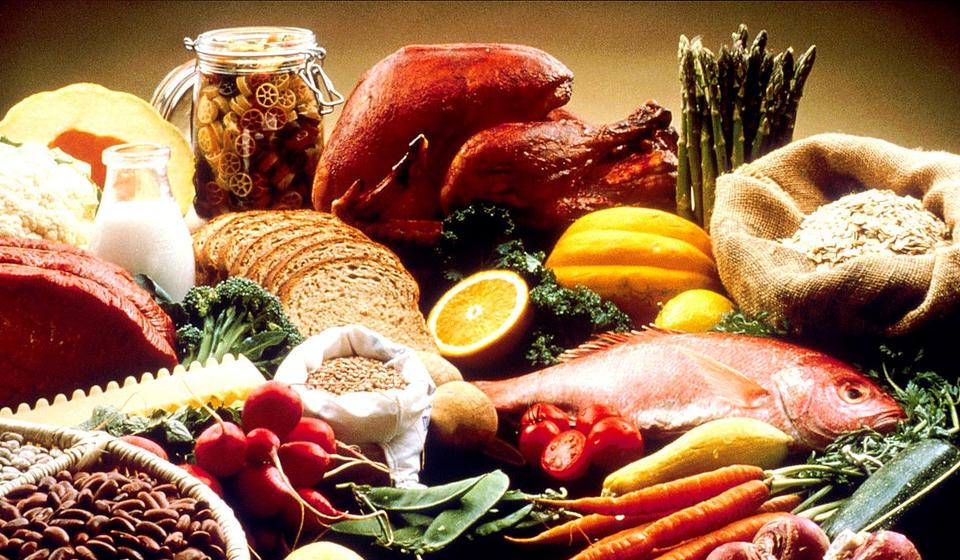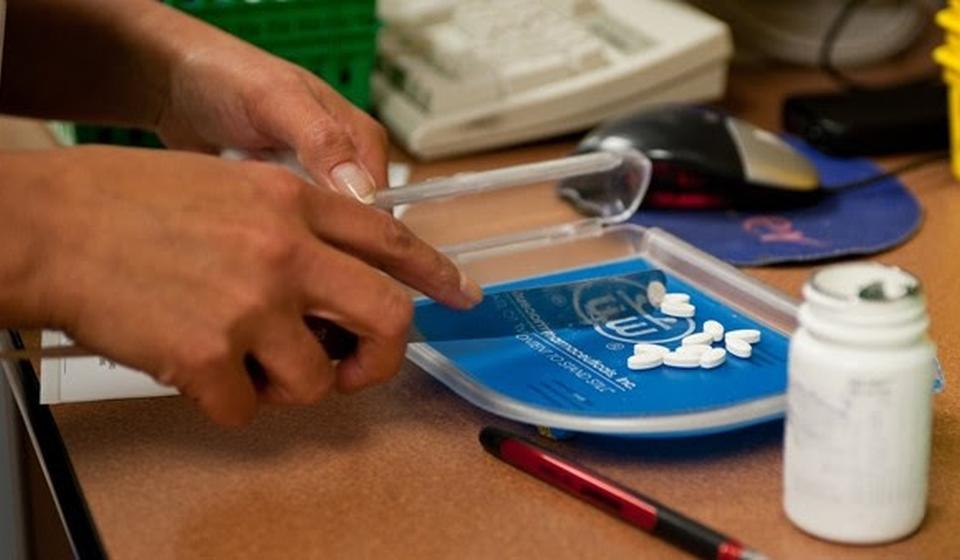Tag:
Food safety
An independent study conducted by the United States Agricultural Research Service and the Wisconsin Geological and Natural History found 32 of 35 private wells in three counties in southwestern Wisconsin contaminated with fecal matter. The majority of the contaminated wells with fecal matter. The majority of the contaminated wells contained fecal matter from humans, followed by cattle, then swine.
On July 16th, Dr. Irene Bueno-Padilla of the University of Minnesota and Joshua Burman of the Minnesota Pollution Control Agency gave a presentation on antibiotics in the environment. The presentation was part four of a five-part webinar series hosted by the Minnesota Veterinary Medical Association and Minnesota One Health Antibiotic Stewardship Collaborative.
After the smoke settled from the 4th of July fireworks, health officials started receiving calls reporting vomiting and diarrhea after boating near a popular gathering spot on Lake Minnetonka. State and Hennepin County public health investigators have interviewed 225 people. 172 of those interviewed reported symptoms.
Hennepin County Public Health and Minnesota Department of Health officials are investigating illnesses among Lake Minnetonka boaters who reportedly became sick following Fourth of July celebrations. Officials have responded to over 200 calls from individuals who reported vomiting and diarrhea after spending the holiday on the lake. At least half of these individuals spent time around Big Island and several sought treatment for dehydration.
The Minnesota Department of Agriculture (MDA) will offer two free workshops later this month to explore mental health issues unique to farm youth and equip attendees with the tools to support rural families impacted by the financial and emotional stresses of farm life.
The emergence of new genomic technologies such as CRISPR, which allows targeted gene editing to a level never before possible, and the recent successes of companies such as Impossible and Beyond Meat, which have pushed the boundaries of what is acceptable and possible in the marketplace and to the consumer, indicates food production and consumption could be in the midst of a revolution.








